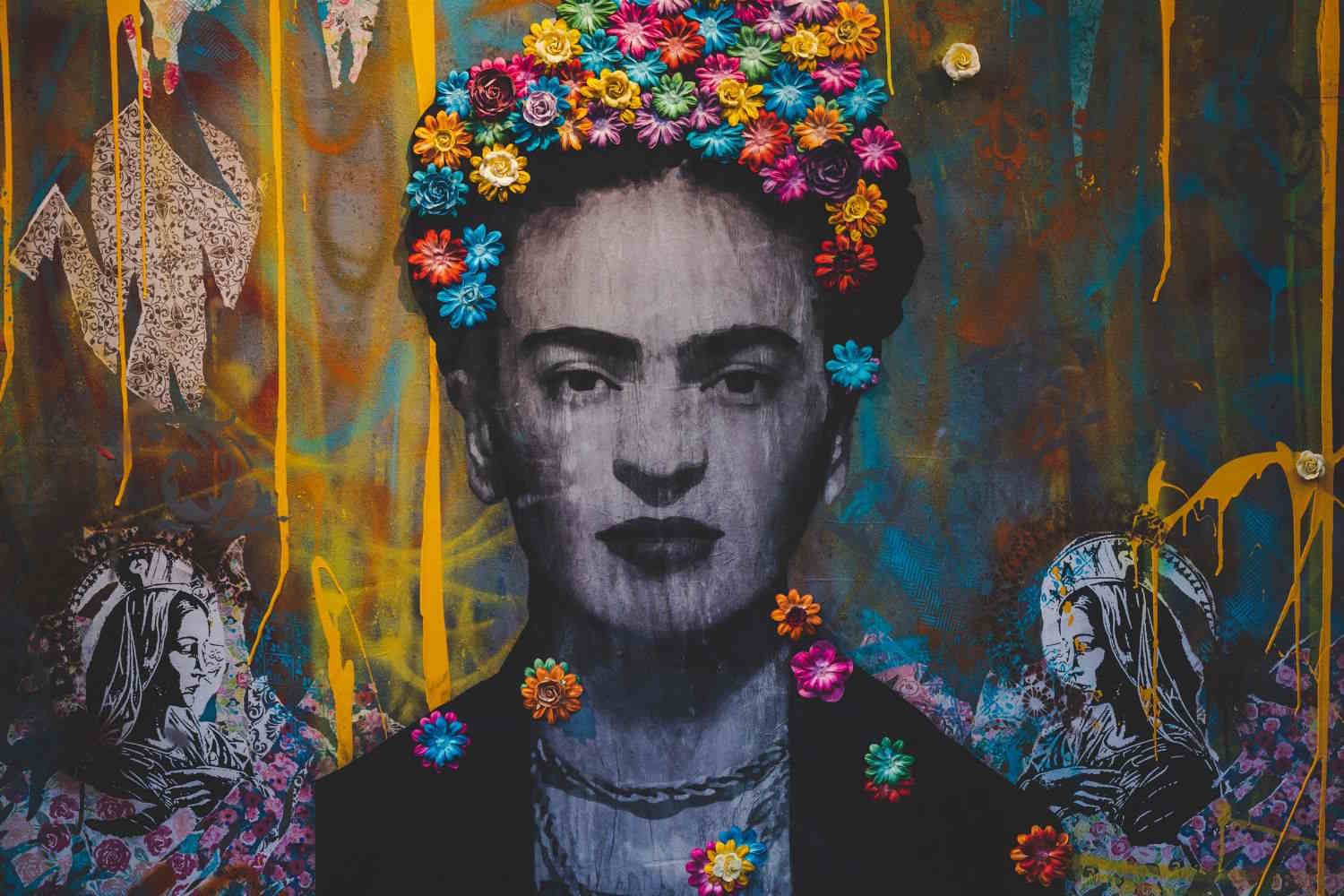Otroversion, a new psychological concept coined by psychiatrist Rami Kaminski, describes people who resist automatic belonging, embracing independence and emotional freedom as a strength.

Have you ever felt out of sync with the world around you? You don’t thrive in crowds, but you don’t want isolation either. You crave space to think, yet also long for genuine, chosen connections. If this resonates, there may be a word for you: otroversion.
This freshly minted term, just entering the vocabulary of psychology, gives language to something many people have always experienced but never quite named. It’s not about being “strange” or “difficult.” It’s simply another way of moving through the world.
What is otroversion and why it might help you understand yourself

The word comes from American psychiatrist Rami Kaminski, who coined it by blending the Spanish “otro” (meaning “other” or “different”) with the familiar suffix “-version,” the same one you find in introversion or extroversion. But while introverts look inward and extroverts look outward, otroverts follow their own trajectory—often independent, often at odds with the mainstream.
Kaminski first recognized this trait in himself as a child. At a scout ceremony, while his peers recited their oath with excitement, he felt… nothing. He was there, participating, but emotionally detached. A quiet but telling early sign of what he would later call otroversion.
Otroversion is not isolation, but emotional freedom
In a culture that constantly urges us to belong—to family, to nation, to community—those who don’t feel the pull can be labeled “cold,” “odd,” or even “defective.” Kaminski uses a striking metaphor for this: the “Bluetooth-off phenomenon.” Unlike most people, otroverts don’t automatically “pair” emotionally with those around them. At least, not instinctively.
But this is not a deficiency. It’s a trait. Kaminski argues that we’re all born with a form of otroversion. Over time, though, society pushes us into collective identities—political, cultural, familial—that smooth out our edges. Those who resist that push preserve something rare: the ability to think freely, without being swallowed by group logic.
In his book The Gift of Not Belonging, Kaminski frames this not-belonging not as a wound, but as a strength. “The ability to stay yourself even when the world pushes the other way,” he writes, “is not a curse but a gift.”
The brilliance of otroverted minds
And you’re not alone. In fact, you might be in extraordinary company. Kaminski points to figures like Frida Kahlo, Franz Kafka, Albert Einstein, and George Orwell as historical otroverts. They resisted being defined by any group, often at the cost of loneliness, but always in service of their independence.
This independence allowed them to recognize collective fanaticism for what it was, long before the crowd caught on. The otrovert does not blindly follow. They watch. They weigh. They decide on their own terms.
Otroversion as a lens, not a label
Seen this way, otroversion isn’t just a label—it’s a key to understanding. If you’ve always felt like you don’t quite belong, it may be because you weren’t built to. You were built to understand. And in a world increasingly split into “us” and “them,” that ability might just be invaluable.
Source: New Scientist
